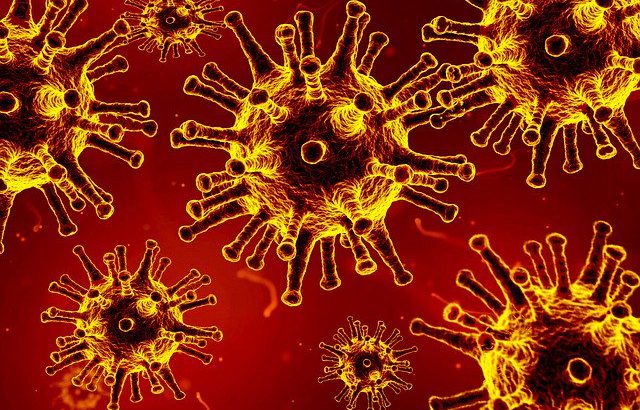If you look at traditional media such as newspapers and magazines just now it often feels like everything is about coronavirus. The National Library of Scotland as you would expect will collect the newspapers, official publications and magazines that appear during the pandemic and when they are published the inevitable books that will chronicle this period.
Just now though we are trying to collect the websites and webpages that document the impact of COVID-19 on Scotland and how the nation has reacted. We are collecting everything from official Scottish Government advice to blogs and social media. This will become a permanent resource on COVID-19 and Scotland as well as the wider United Kingdom that will be available long after the pages we collect have disappeared from the internet.
My colleague Trevor Thomson is one of the team doing this. For the last few weeks and no doubt many weeks to come Trevor has been at home bent over a red hot laptop identifying and capturing hundreds of websites relating to the pandemic. Trevor explains what we have been doing and why below.
By early March 2020 it was apparent that the coronavirus (COVID 19) outbreak was going to affect Scottish society in substantial ways. As with many national events a great deal of material has been produced online that addresses all aspects of the pandemic – the output is vast, but the Library has been striving to collect web based material representative of the coverage and gather it together in one place in the UK Web Archive.
One of the great aspects of collecting online material, of course, is that it is available anywhere there is broadband hooked up to a PC or laptop. It is also a saving grace that the means of collecting and tagging URLs for the web archive is also available online – and access to the software is not restricted to physical presence in a particular institution or building. It is therefore a perfect job for working from home.
The first change the virus caused to our lives in Scotland was the cancellation of sports and theatre as it became clear that large public gatherings were likely to lead to the infection spreading more quickly. If you follow the arc of the collecting you will see we targeted for collection the websites of theatres and other cultural institutions as well as the governing bodies for sport as they began to react to the virus. We then targeted coverage of these cancellations in local and national newspapers and on the news pages of the BBC and STV.
As social isolation, social distancing and the lockdown were introduced the focus of the collecting changed to capture the radical effects of staying at home. Online information issued by local authorities on school closures and other matters as well as by transport providers, places of worship and the reactions and advice issued by the Scottish Government were targeted for collection. A selection of business reaction from employers and advice and support emanating from chambers of commerce was targeted for collection. Volunteers and charities have done admirable work responding to the needs of our most vulnerable citizens and their online presence often in the form of social media has been and will continue to be captured.
The greatest impact of the outbreak has been on the health service treating people who have contracted the virus. We have collected material, information and advice issued online by the NHS and social care partnerships throughout the country. Scotland also has a notable medical research response and this has been reflected in the collecting. More hidden impacts of lockdown such as the strains on families and mental health have also been targeted for collection.
As with most activities at this time it has been a communal activity across the Library. Colleagues with expertise in an area have identified websites and collated lists whilst others have input these selections into the UK Web Archive so they can be collected. By the end of 21st April 2020 2,176 individual URLs have been identified for collection based on their relevance to documenting the COVID-19 outbreak and this work of course continues.
In due course the full results of this project will be presented as a focused collection alongside broader collections on the coronavirus and its impact on the United Kingdom in the UK Web Archive which can be found at http://www.webarchive.org.uk
